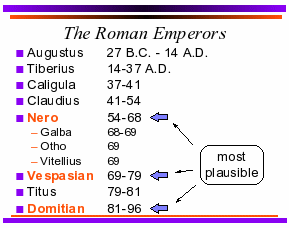clawrence9008
Puritan Board Freshman
I (very loosely) hold to an amillennial view of eschatology right now, and in the very little that I have studied in Revelation, I have found the idealist view (a la Beale) the most convincing (though I definitely see merits of some historicist positions, like the Pope being the man of sin/Antichrist). Are there any online resources or sermons that help introduce how to interpret Revelation from this idealist point of view? (Preferably not books, as I don’t currently have time to read something lengthy)


